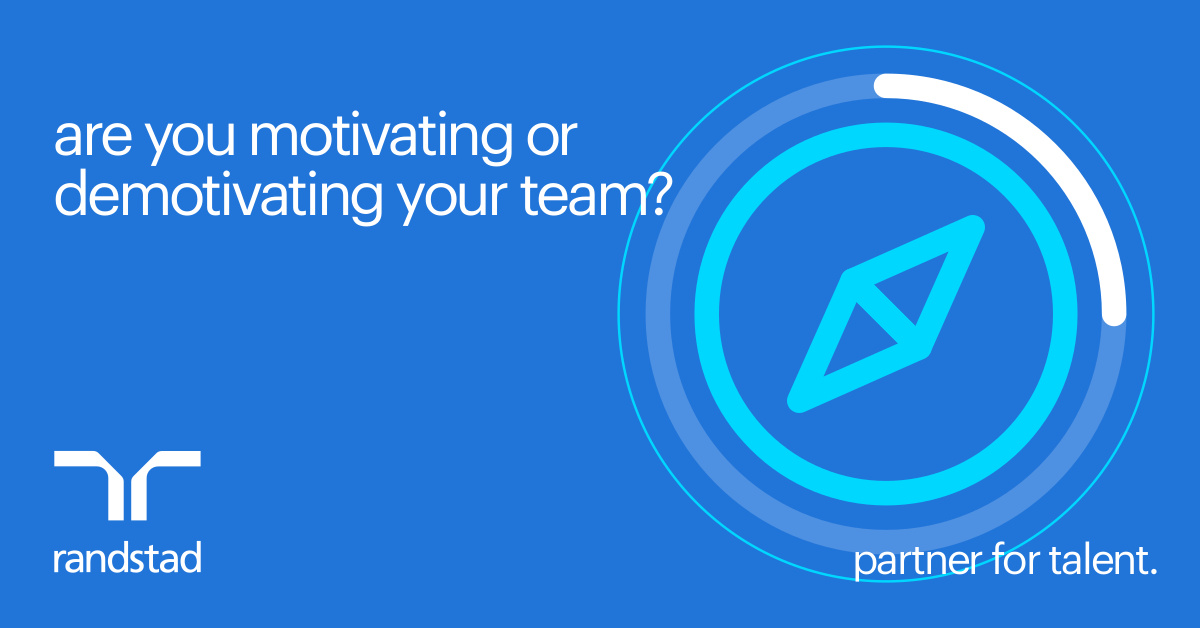Missed Campus Placement? Here's How to Pitch Yourself for Your First Job
Graduating this year and jobless? Learn how freshers can pitch for their first job with smart email tips, recruiter insights, and real-world advice.
It’s that time of the year again when freshly minted graduates walk out of campus gates – degree in hand, dreams in eyes – ready to take on the real world. But here’s a reality check: the job market doesn’t always greet you with open arms just because you graduated. Everyone is technically “qualified.” What makes you stand out is how you pitch yourself – your story, your clarity, your approach.
The employment scenario has been a bit tight this year, even though there have been emerging opportunities – especially for tech talent and graduates from top B-schools. For those who managed a solid campus placement – great job. You’ve taken a strong first step.
But for those who missed out – it’s okay. Some of the ideas shared in this piece may help you build momentum.
Let’s face it – a good campus placement, particularly with a well-known employer brand or a large corporate, is a sweet deal. Great compensation, a chilled-out first year, a workplace with structure – it’s possibly the smoothest entry into the working world. But if you’re not among the ones who made that cut, you don’t have the luxury of floating. You need to be serious about your first move. And then your next few moves – till you are back in the game.
Unfortunately, very few campuses prepare students for this essential part of adulting – the art of pitching themselves effectively for their first job. And let’s be clear – sending out 50 identical résumés isn’t “pitching.” It’s spam.
Here’s a grounded guide to help you make your first pitch matter.
Most graduates open with an apology disguised as a statement: “I know I don’t have any experience, but…” That’s not humility. That’s underselling.
You’ve been part of team projects, college festivals, internships, case studies, research papers, coding marathons, and debate clubs. You’ve juggled deadlines, worked with difficult teammates, presented to panels, and sometimes failed. That’s experience. That’s what working life is.
What you need to do is reframe your college work in terms of work-readiness. That finance project where you created a budgeting model? That’s applied financial planning. Your three-month internship at a logistics startup? That’s industry exposure. Make it count. Articulate it like it matters – because it does.
Let me put this plainly. While considering fresh hires or interns, I kind of absolutely ignore emails and profiles that are bland. Actually, this stands true for hires at all levels, but then with seasoned laterals the profile and experience also does some talking. As a fresher – you as well as your resume and application needs to talk.
It’s not about having the perfect résumé. But if you have the opportunity to directly reach out to a recruiter or hiring manager – your résumé, and more importantly, the language of your email, should be able to engage them. The tone should reflect thought. The content should make the reader pause and think, “Alright, this is worth a second look.”
If you’re saying “attached is my resume, please consider,” you’ve already lost the edge. Add some context. Say why you’re writing. Refer to something recent about the company or the role. Show that you’ve taken effort. If you don’t care enough to write a meaningful email, why should someone care enough to reply?
One of the simplest yet most ignored tools in a jobseeker’s arsenal is a personal positioning statement – a crisp articulation of who you are, what you bring to the table, and what you’re looking for.
Here’s an example:
“I’m a commerce graduate with a strong interest in data analytics and financial modeling. My internship at ABC Fintech gave me exposure to Python-based dashboards and client data interpretation. I’m currently looking for analyst or business support roles where I can grow into a data-backed decision-making role.”
This is clear. Honest. And actionable.
Compare that to: “I’m a B.Com graduate and open to anything.”
When you’re clear about what you want, recruiters feel more confident placing a bet on you. When you’re vague, they’re just confused.
When some basic questions are asked during profiling – like “Why do you want to work for this company?” or “Why are you interested in this role?” – your answer must not sound like a template from a career guidance book. You need to say something intelligent, specific, and sensible.
Recruiters aren’t looking for poetry. But they are trying to judge whether you’ve thought this through or are just pushing out applications blindly. Even if you’re talking to a recruiter who is just a middleman from a search firm – understand this: they have the power to pitch you to the hiring team. If they believe in your communication, your confidence, your grip on your subject – they’ll root for you.
So take that 15-minute call seriously. Don’t think, “This is just HR, not the hiring manager.” If you can’t impress the gatekeeper, you won’t reach the castle.
Most freshers believe that getting their résumé to as many companies as possible is the way to get hired. It’s not.
Every industry, company, and role looks for a different set of traits. Mass emailing your CV to all HR people in your LinkedIn feed is not a strategy. It’s just noise.
Pick five companies or ten roles that really align with your interests. Research them. Look at what they post on LinkedIn. Read their websites. Understand their customers and values. Then, when you reach out, refer to something specific:
“I was particularly interested in your role because I read about your recent partnership with XYZ. I’m keen to be part of such customer-focused initiatives.”
You’ve now moved from a generic applicant to an engaged one. That one line could make the difference between ‘mark unread’ and ‘call for an interview.’
Recruiters aren’t looking to be impressed by a fancy résumé template downloaded from the internet. What matters more is context and clarity. Be ready to tell your story in three minutes.
Structure helps:
Practice saying this out loud. This becomes your pitch for interviews, cold calls, or even when someone says “Tell me about yourself.”
Fresh graduates sometimes feel compelled to say yes to anything just to get a foot in the door. But you don’t have to be desperate to be eager.
Instead of saying, “I’m okay with anything,” try:
“While I’m open to different types of roles, I’m especially excited about positions that allow me to interact with data and customers, because I enjoy finding patterns and solving problems.”
It shows maturity and curiosity – two traits employers love.
Don’t ask, “What’s the package?” as your first question. Ask: “What does success in this role look like in the first six months?”
Yes, you can start building your credibility while still in college.
Start conversations. Message people in your field asking for a 15-minute chat. Don’t beg for jobs – ask for insights. Most working professionals love sharing advice.
The goodwill you build early often comes back in ways you don’t expect.
You don’t need to know everything, but you should know something about:
For instance, if you’re pitching to an HR tech firm, and you don’t know how AI is impacting recruitment – that’s a red flag. Staying updated doesn’t mean memorizing the news. It means understanding the environment you want to enter.
Follow industry news portals, listen to podcasts, attend online webinars – even if you’re not fully qualified yet. The awareness shows.
One follow-up email or message after a week is professional.
Ten messages in two days are not.
Follow up with tact. A simple message like:
“Hi [Name], I hope you’re doing well. Just following up on the opportunity we discussed last week. I remain very interested and would be happy to share any additional details that may help your decision-making.”
Professional. Non-intrusive. Mature.
If they don’t respond, move on. Keep at it.
Your first pitch may not land. Your fifth may get ignored. That’s okay.
Think of pitching not as a lottery ticket but as planting seeds. Some germinate today, some take months, and some don’t grow at all. What matters is consistency, clarity, and learning from each attempt.
Your job is not just to get a job, but to show that you are ready to work.
And that, sometimes, makes all the difference.
Praveen Mishra
Praveen is the Founder & Principal Consultant of KHEdge, a boutique HR & Business Process Advisory firm. Over last 15 years he has advised & worked with promoters, founders, business leaders, HR leaders in areas of - Business Strategy, HR Strategy, Organisation Design etc.
You may also like...
Diddy's Legal Troubles & Racketeering Trial

Music mogul Sean 'Diddy' Combs was acquitted of sex trafficking and racketeering charges but convicted on transportation...
Thomas Partey Faces Rape & Sexual Assault Charges

Former Arsenal midfielder Thomas Partey has been formally charged with multiple counts of rape and sexual assault by UK ...
Nigeria Universities Changes Admission Policies

JAMB has clarified its admission policies, rectifying a student's status, reiterating the necessity of its Central Admis...
Ghana's Economic Reforms & Gold Sector Initiatives

Ghana is undertaking a comprehensive economic overhaul with President John Dramani Mahama's 24-Hour Economy and Accelera...
WAFCON 2024 African Women's Football Tournament

The 2024 Women's Africa Cup of Nations opened with thrilling matches, seeing Nigeria's Super Falcons secure a dominant 3...
Emergence & Dynamics of Nigeria's ADC Coalition

A new opposition coalition, led by the African Democratic Congress (ADC), is emerging to challenge President Bola Ahmed ...
Demise of Olubadan of Ibadanland
Oba Owolabi Olakulehin, the 43rd Olubadan of Ibadanland, has died at 90, concluding a life of distinguished service in t...
Death of Nigerian Goalkeeping Legend Peter Rufai

Nigerian football mourns the death of legendary Super Eagles goalkeeper Peter Rufai, who passed away at 61. Known as 'Do...




